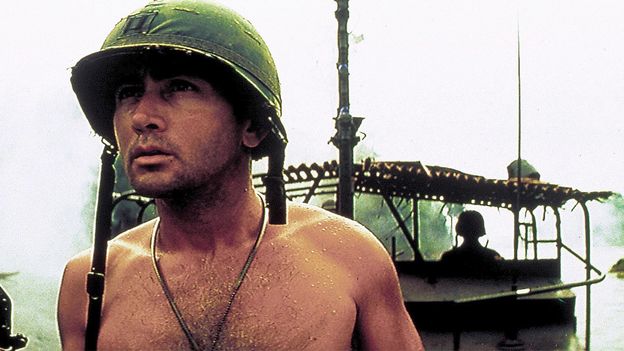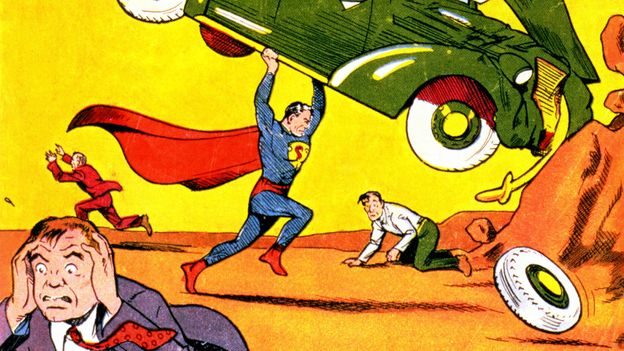 Alamy
AlamyIt puzzled many viewers however delighted critics. We clarify why the late, nice David Lynch’s Mulholland Drive topped BBC Tradition’s ballot to search out the best movies of the twenty first Century.
Cinema within the early years of the twenty first Century has been experiencing one thing of an existential disaster. Phrases corresponding to “TV-like” or “television-esque” had been as soon as meant as insults; now, in a interval which has seen the rebirth and so-called new “golden age” of tv, that’s now not the case. So, if tv has advanced to some extent the place it’s now not thought-about an inferior artwork type, what does this imply for cinema?
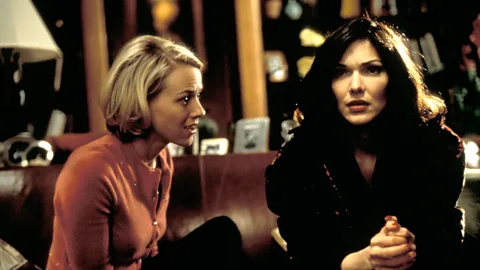 Alamy
AlamyMaybe it’s no coincidence that the late David Lynch’s mind-bending mystery-drama Mullholland Drive was named by BBC Culture’s critics’ poll in 2016 as the very best movie of the century to date. Its very roots lie in tv: the movie started as a failed TV pilot and was salvaged into feature-length format.
Mulholland Drive’s personal troubled historical past, and the studio politics and energy performs depicted by Lynch within the movie itself, hardly really feel like coincidences. Underneath its dream-like veneer, Mulholland Drive is an excellent commentary on Hollywood’s machinations, no less than partly knowledgeable by its personal woes.
‘Backhanded valentine’
Starting life through the growth of Lynch’s cult TV present Twin Peaks, the director ultimately pitched an thought for Mulholland Drive as a collection in 1998. He was given a inexperienced gentle by US cable community ABC, which hoped to duplicate the success of the director’s small-town thriller serial.
ABC was unimpressed with the primary episode, which they thought-about slowly paced and drawn out – 37 minutes too lengthy to suit into a standard TV timeslot. Additionally they objected to a number of issues captured within the shoot, together with an excessive close-up of canine excrement. In early 2000 Lynch managed to rescue the mission by agreeing to show Mulholland Drive right into a characteristic movie, outfitted with a price range twice the unique dimension.
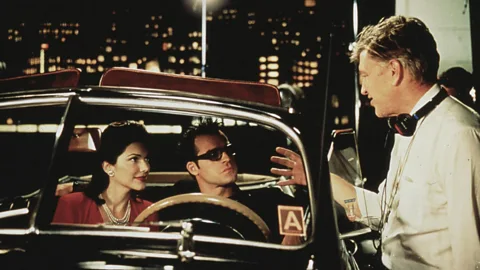 Alamy
AlamyOne among a number of small, shady characters is the mysterious Mr Roque (Michael J Anderson) who seems to regulate Hollywood from a wheelchair in his shadowy workplace. One of many plotlines entails a hotshot director (Justin Theroux) who’s bullied into casting a number one actress the powers that be need for his new image, however he would not.
Infusing Mulholland Drive with pointed, maybe pessimistic commentary about market forces in Hollywood, but additionally cramming it stuffed with beguiling pictures, Lynch created a really interesting package deal for critics. They might get misplaced within the dream-like atmosphere of it whereas being engaged in an mental train deeply crucial of the industrial realities of filmmaking: a kind of backhanded valentine to Tinsel City.
Interpretation of goals
The closest character Mulholland Drive has to a protagonist is Betty Elms (Naomi Watts), a cheerful, aspiring actress who arrives on the town searching for work. The happy-go-lucky smile will ultimately be wiped off her face. Betty meets dark-haired, doe-eyed magnificence Rita (Laura Harring) who stumbles down Mulholland Drive after surviving a automobile accident. The expertise has left her an amnesiac.
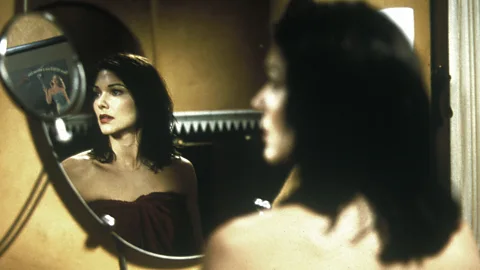 Alamy
AlamyRita would not know her personal identify. In truth, she calls herself “Rita” solely after taking a look at a poster for an previous Rita Hayworth movie, Gilda, from 1946. Her quest to uncover details about her previous, coupled with Betty’s journey to land work as an actress, takes place amongst a tapestry of different tales, which play out like vignettes, some lasting solely a scene or two.
In a dialogue about the very best critically acquired movie to date within the new century, maybe insights may be gained by comparisons to the very best critically acquired movie of the earlier one. The title that repeatedly arrives at or close to the highest of the record is Citizen Kane, author/director Orson Welles’ esteemed 1941 characteristic movie debut – BBC Tradition’s 2015 critics ballot of the 100 greatest American films put Kane at primary.
If Kane may be seen as an essay on the nuts and bolts of film-making – a masterclass in technical processes, from montage to deep focus, dissolves and the manipulation of mise en scène – Mulholland Drive’s attraction is extra thematic and conceptual. It’s much less an illustration of how nice cinema is achieved than what nice cinema can obtain, its capability for concepts seemingly limitless.
Lynch’s themes are wild and unconventional: goals materialised; loopy thought bubbles delivered to life. Whereas Orson Welles’ nice movie begins with a short second of surrealism – involving a snow globe and the cryptic phrase “Rosebud” – however then proceeds in a extra straight-forward method, Lynch maintains the surreal ambiance all through. On this sense Mulholland Drive picks up the place Citizen Kane left off.
Its dream-like qualities give rise to many complicated and unexplained issues that naturally encourage interpretation. However as critic Roger Ebert, one of many movie’s best champions noted: “There is no such thing as a rationalization. There might not even be a thriller.”
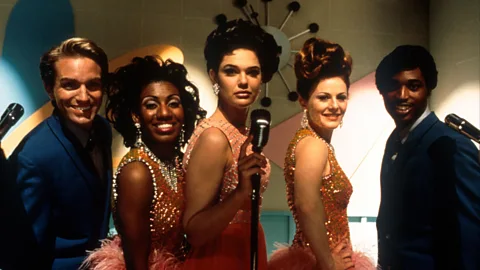 Alamy
AlamyThe movie is undoubtedly difficult. Attention-grabbing plot tangents are lower off like limbs; characters seem and disappear. Late within the operating time, after a scene that seems to indicate her waking from a dream, the protagonist morphs, unexplained, from the optimistic Betty to a haunted-looking, failed actress named Diane.
‘There is no such thing as a band’
Nevertheless it’s the small self-contained moments that linger longest within the reminiscence, and which give the movie a mosaic-like texture. The best is the well-known Membership Silencio scene, a very unforgettable stretch of movie. It’s each a luxurious sensory expertise and a self-reflexive train, lifting up the bonnet of the movie so we will examine the shifting bits and items inside.
Within the scene, the MC of a surreal nightclub takes to the stage. “No hay banda!” he exclaims: “There is no such thing as a band”. That’s to say, all of the sounds that the viewers hear have been pre-recorded; they appear actual, however they’re an phantasm. Viewers are however swept up by a stirring Spanish rendition of a Roy Orbison track – lovely, heartbreaking and mesmerising – earlier than the singer out of the blue drops useless and is dragged away.
The impact is totally and exquisitely displacing. Lynch conjures an phantasm whereas acknowledging the sleight of hand essential to make us consider it. The magic of goals, in different phrases, alongside the magic of the flicks: one an imminently extra dissectible type than the opposite.
Encouraging audiences to take part in that evaluation – that dissection – is an train that pulls critics like moths to the sunshine. There’s something endlessly fascinating a couple of movie that prioritises questions over solutions, stretching our expectations of what cinema can obtain whereas scene by scene additionally offering a richly fulfilling expertise. Maybe the most important thriller of all is how on earth Lynch pulled it off.
This text was initially revealed in 2016.
When you favored this story, join The Essential List newsletter – a handpicked number of options, movies and may’t-miss information, delivered to your inbox twice per week.




